
Vietnamnet
2144 newsArticles by author

Packaging firms concerned about new import tariff
Managers of nearly 1,000 plastics packaging companies are now faced with a new import tariff on PP beads, the major input material. It is priced three times higher than the previous rate.

“Collecting garbage” tour in Hoi An
Over the past month, a new tour has been launched in Hoi An, attracting a large number of tourists, especially foreigners.
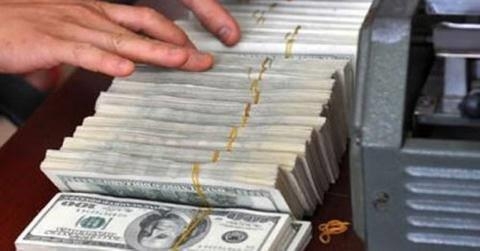
How many Vietnamese millionaires have emigrated?
Warning about the wave of millionaire emigration, economists say that millionaires are taking foreign currencies abroad, creating problems for Vietnam to control the foreign currency outflow.
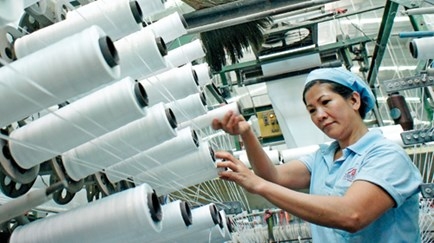
What's the future for textiles & garments without the TPP?
With the collapse of TPP, the textile & garment industry will have to revise its investment and development strategy.
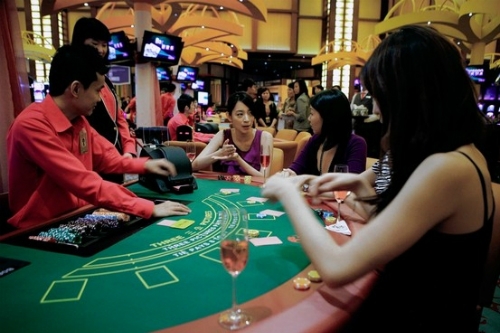
Investors rush to apply for multi-billion dollar casino projects
At least four foreign investors have drawn up casino and betting projects capitalized at billions of dollars in Vietnam.
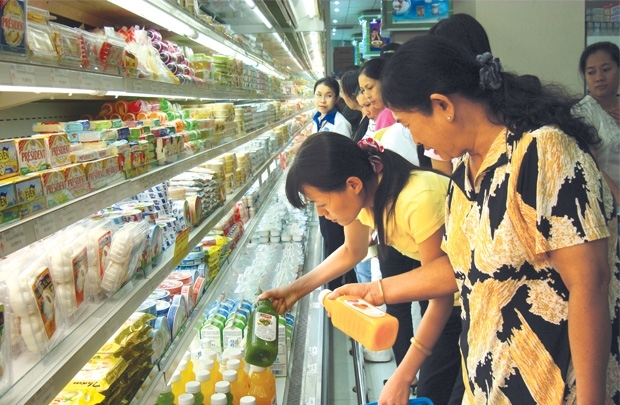
Foreign goods enter domestic market via trade liberalization
A MOIT report shows that after the last seven years of the ‘Buy Vietnamese’ campaign, 92% of consumers now have interest in domestically made products, and 63% of consumers are choosing Vietnamese goods instead of imports of the same kinds available in the market.
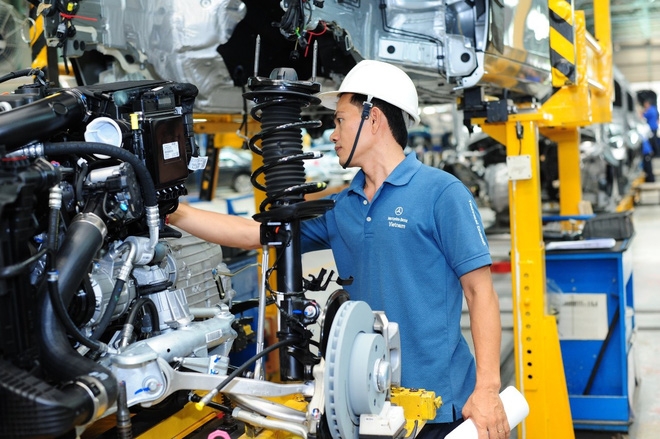
Vietnam will not retain Japanese automakers at any cost: economists
Though appreciating Japanese support to Vietnam’s industries, economists say that Japanese automobile manufacturers’ claims for investment incentives are unreasonable.
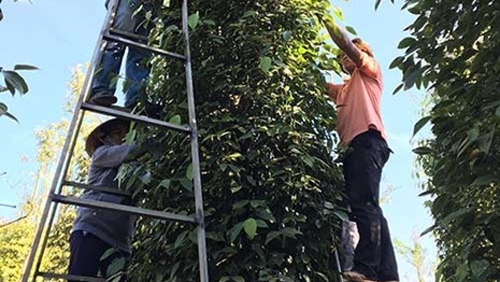
Vietnam’s pepper faces difficulties because of India’s ban
The Ministry of Industry and Trade (MOIT) and the Ministry of Agriculture and Rural Development (MARD) are working with Indian counterparts on the removal of the country’s ban on imports of six agro-products from Vietnam.
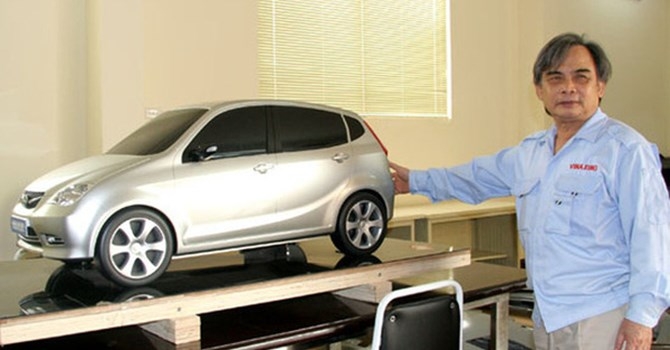
Vinaxuki's demise reflects problems in economy
Ninety-six percent of Vietnam’s enterprises are small businesses, with the majority having 10 workers or less. Only 2% of enterprises are large in size, while another 2% are medium size.

What will travel firms do to take advantage of ‘Skull Island’ opportunity?
While foreign travel firms are promoting Vietnam through the new film ‘Kong: Skull Island", domestic firms have yet to take action.
